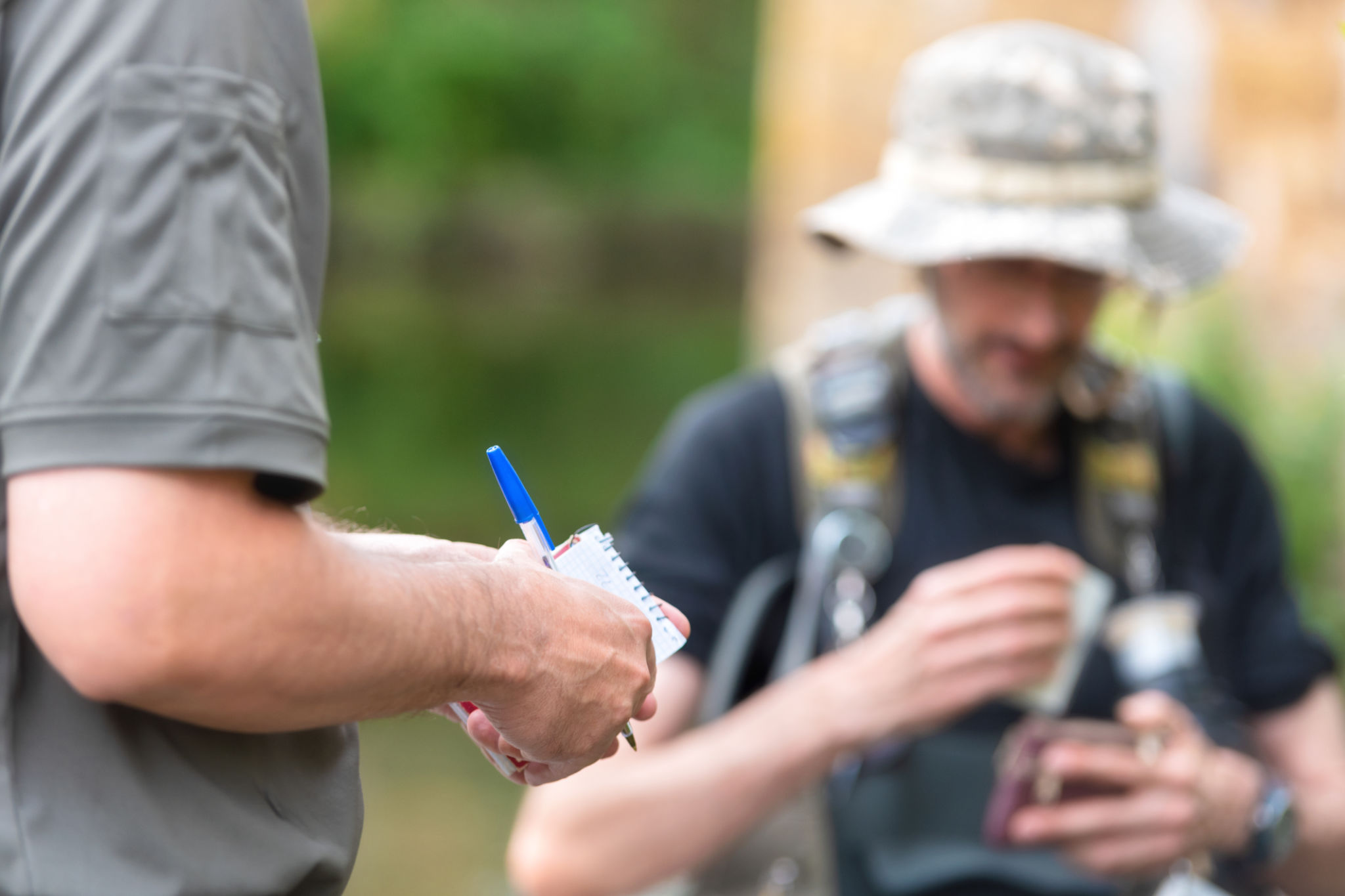Fishing Regulations and Licensing: What You Need to Know Before You Go
Understanding Fishing Regulations
Before you head out on your fishing adventure, it's crucial to understand the fishing regulations applicable in your area. These regulations are in place to ensure sustainable fishing practices and to protect aquatic ecosystems. Regulations can vary significantly depending on the state or country, so always check the local rules before you go.
Fishing regulations typically cover a range of topics including the types of fish you can catch, the size and number of fish allowed, and specific seasons when fishing is permitted. Ignorance of these regulations is not an excuse and can lead to fines or other penalties.

Types of Fishing Licenses
One of the first steps in preparing for a fishing trip is obtaining the necessary licenses. There are different types of licenses available, and the one you need will depend on several factors, such as your age, residency status, and the type of fishing you plan to do.
Common types of fishing licenses include:
- Resident Fishing License: For those who live in the state or region.
- Non-Resident Fishing License: For visitors from other states or countries.
- Saltwater vs. Freshwater Licenses: Depending on where you're fishing, you may need a specific license for saltwater or freshwater fishing.

Fishing Seasons and Limits
Each region has specific seasons during which certain species can be legally caught. These seasons are determined based on fish breeding cycles and are designed to ensure that fish populations remain healthy and sustainable.
In addition to seasonal restrictions, there are usually size and bag limits for various species. Size limits ensure that fish have the opportunity to mature and reproduce, while bag limits control the number of fish an angler can catch in a day. Always check these limits before you go out fishing.

Why Regulations Matter
Fishing regulations are not just bureaucratic red tape; they play a vital role in preserving our natural resources. By adhering to these rules, anglers help maintain balanced ecosystems, which support a wide array of wildlife. Additionally, sustainable fishing practices ensure that future generations can enjoy the thrill of fishing.
Moreover, following regulations helps in maintaining biodiversity within aquatic environments. This biodiversity is crucial not just for ecological balance but also for recreational opportunities and local economies that depend on fishing tourism.
How to Stay Informed
Staying informed about current regulations is essential for every angler. Resources such as government websites, local fishing guides, and mobile apps can provide up-to-date information on any changes in the laws or requirements. Many regions also offer online tools to purchase or renew licenses conveniently.
By keeping yourself educated about the latest rules, you not only protect yourself from potential fines but also contribute to conservation efforts. Remember, responsible fishing starts with informed anglers.

